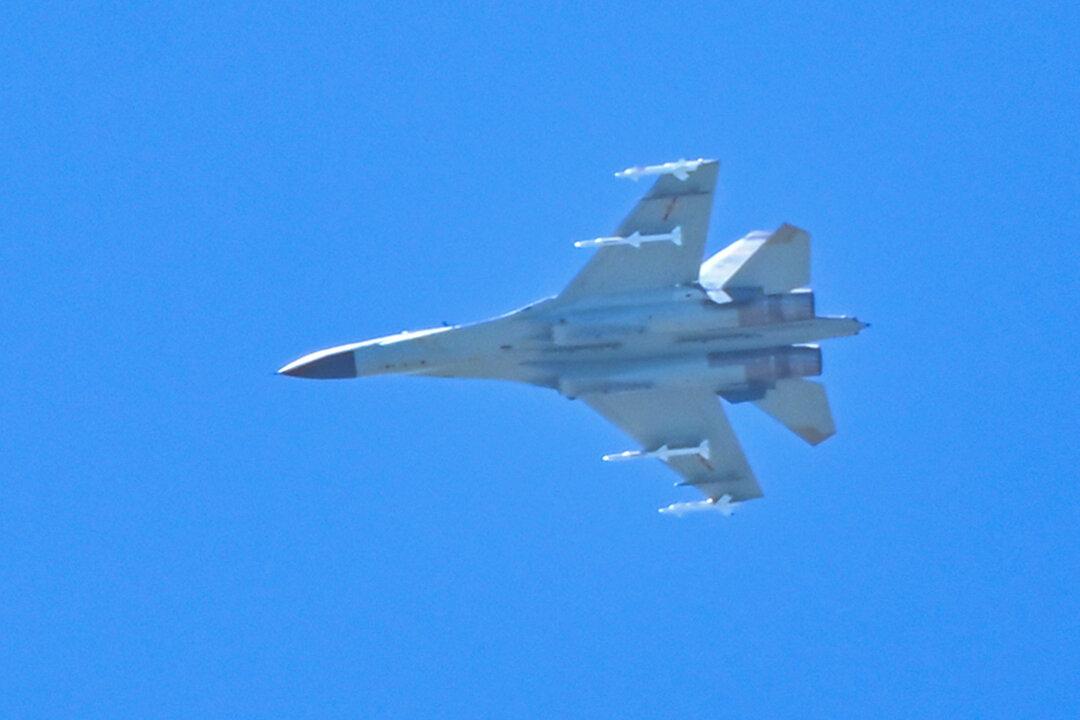Taiwan’s military detected 24 Chinese warplanes, including fighter jets and bombers, and five vessels near the island just a day after the United States announced its approval of two potential arms sales to Taiwan.
The Taiwanese Defense Ministry said in a statement that the Chinese warplanes and vessels were conducting “joint combat readiness and police patrol” near the island at around 8 a.m. (local time) on June 30.





